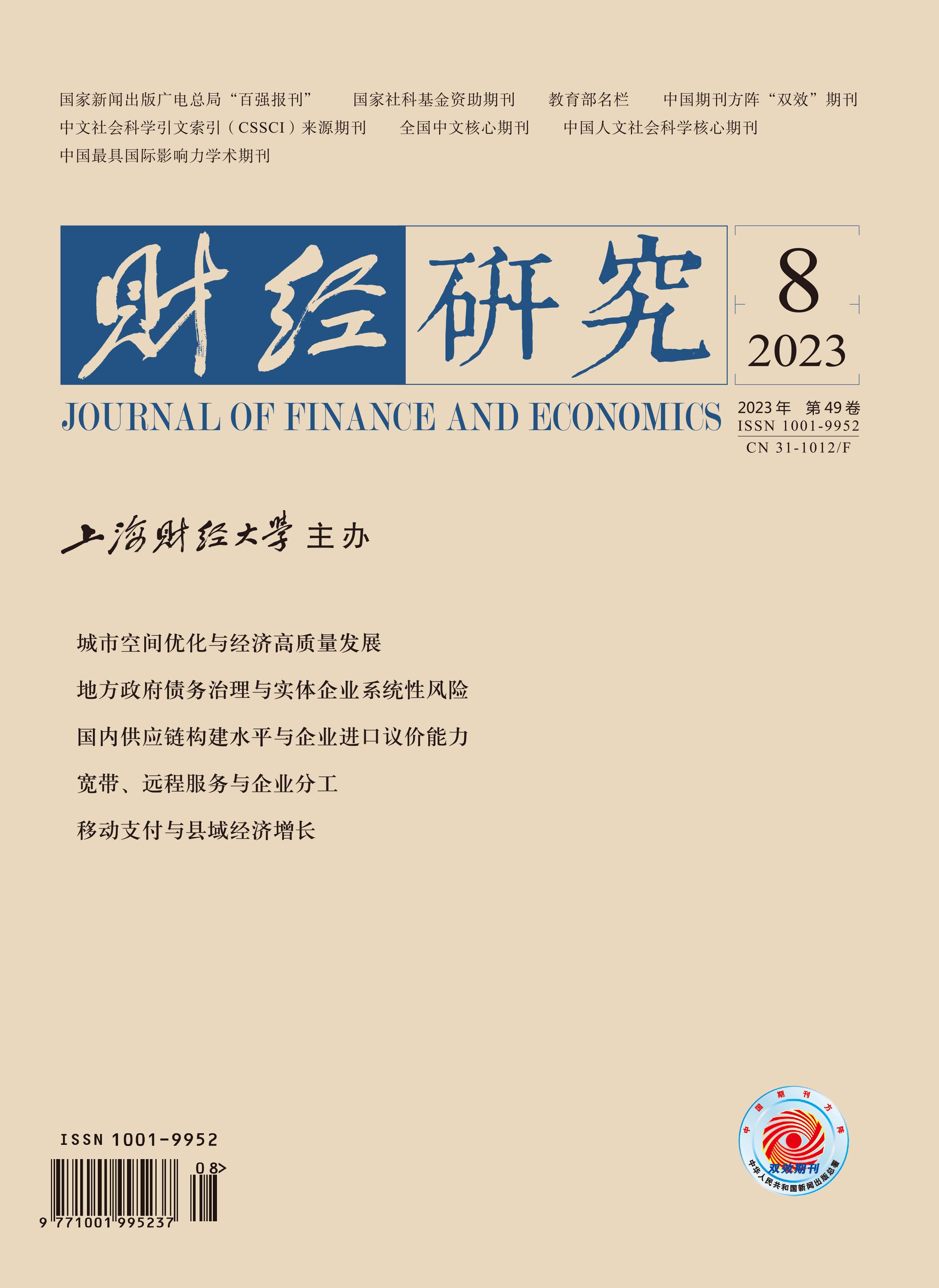In recent years, China has made great achievements in poverty alleviation, which is inseparable from the strong support of various firms. Unlike state-owned enterprises that shoulder the dual tasks of economics and politics, why private firms actively participate in poverty alleviation program is an important but rarely studied issue. Based on the reality that there is a large amount of state-owned capital in Chinese private firms, this paper examines the relationship between the mixed ownership of firms and poverty alleviation from the perspective of state-owned capital shareholders in private firms, and explores the economic role of mixed ownership in poverty alleviation.
Using the sample of A-share private listed firms from 2016 to 2020, the empirical results of this paper show that state-owned capital shareholders promote the participation of private firms in poverty alleviation program, and this conclusion is still valid after a series of robustness tests. On this basis, we find that improving the resource base of private firms and strengthening the value recognition of private firms for poverty alleviation are potential mechanisms for state-owned capital shareholders to promote targeted poverty alleviation of private firms. In addition, we find that for private firms with state-owned capital shareholders in the same province, and private firms in areas with stronger government intervention and higher poverty levels, the effect of state-owned capital shareholders promoting the participation of private firms in targeted poverty alleviation is more obvious. Finally, we examine what kinds of poverty alleviation methods are mainly affected by state-owned capital shareholders, and find that state-owned capital shareholders effectively contribute to poverty alleviation by helping the poor to access education, get jobs and build aspirations.
The contributions of this paper are as follows: (1) It enriches the theoretical research on targeted poverty alleviation and reveals the mode and mechanism of poverty alleviation in China from a new perspective. (2) It supplements the research on the socio-economic role of mixed ownership reform from the perspective of state-owned capital shareholders in private firms. (3) It enriches the literature on corporate social responsibility from the perspective of the relationship between mixed ownership reform and targeted poverty alleviation. (4) It helps to consolidate the achievements of poverty alleviation during the 14th Five-Year Plan period and deepen the formulation of policies related to the reform of state-owned assets supervision system. At the same time, it also provides a useful reference for developing countries to explore the path of anti-poverty on a global scale.





 7042
7042  5636
5636

